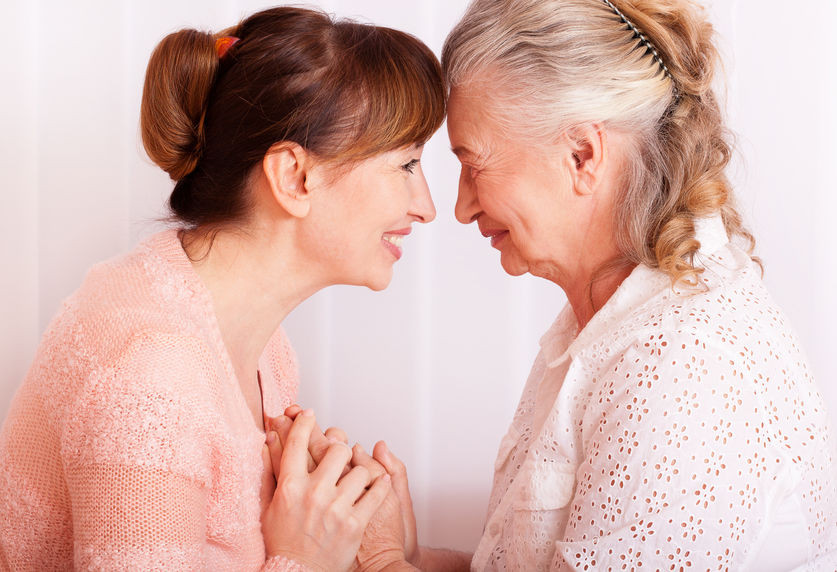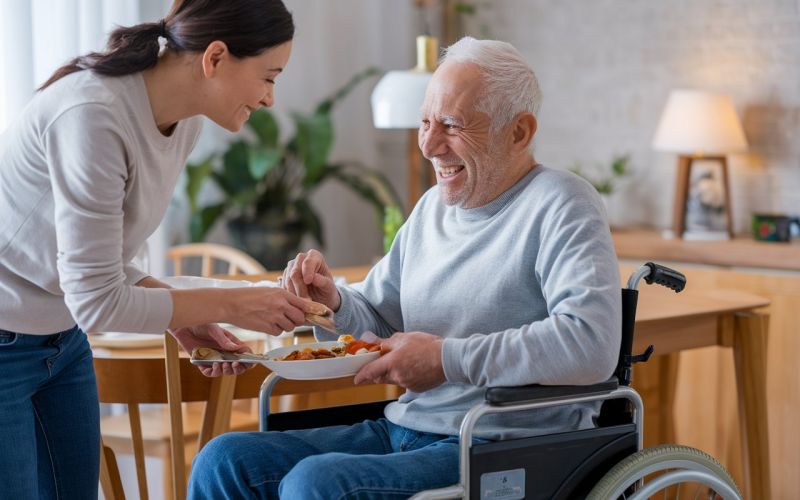Establishing a Positive Relationship with Your Patient
The iSavta Team | 13.11.2019

Every person we meet is different. In building relationships, we often get along with a person who thinks the same way as we do. It is always easier to form a bond with someone who has the same point of view as yours. However, it is difficult to create a good relationship with people who are quite the opposite of yourself. Thus, knowing how to get along with others is essential in everyday life.
In the same way, the relationship between a patient and a caregiver is crucial to the health and progress of the patient. Patients who feel that they are loved triumph in the end. In many instances, patients want someone at their side to listen to their fears and concerns. A caregiver, who listens and understands, helps patients feel that they are being valued.
Giving time is also an important factor to help build a positive relationship with your patient. It is one of the most valuable life skills a caregiver needs to develop so that he can create a lasting connection with his patient. Time is a gift you can provide to an older adult who needs your care. Don’t rush in getting to know your patients. Take time.
Having good communication skills is also helpful in establishing a good relationship with your patient. Good communication occurs when you are able to let someone understand you when you speak and when you use non-verbal cues such as your body language, your tone, and your facial expressions.
When communicating with a patient, it is also important to stay calm. Dealing with an illness is already stressful. The patient needs a care provider who can make them feel optimistic and relaxed. When they feel relaxed in having you around, chances are they will be more open about their life. For sure, they would talk about their hobbies and interests, the favorite places they have visited, and favorite foods to name a few. Educating the patient is also important in building relationships. Let them know what to expect. Keep them updated about the details of the test and procedures they need to take.
Lastly, to establish a positive relationship with your patient, relate to their feelings without giving them any advice and without putting any blame on them. When you relate to their feelings, you will develop mutual trust. Hence, they will be more accepting of the support you offer since they feel connected to you.
Always remember that people will never forget how you made them feel. So, as a caregiver, stay calm as much as possible, be patient with your tasks, give time to listen, communicate effectively, and empathize. Building a good relationship with your patient can contribute to their overall health and quality of life.












